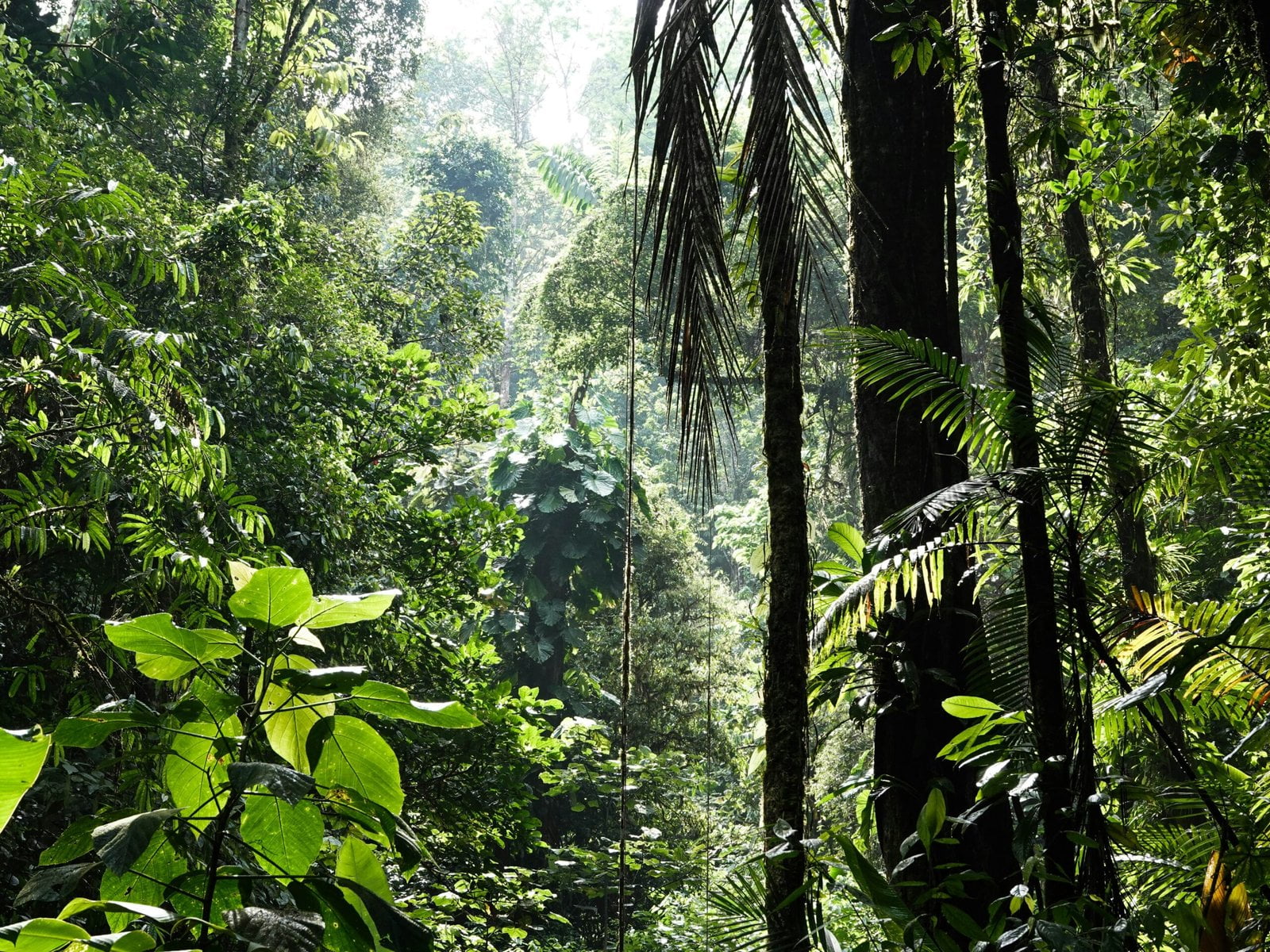
Biodiversity, also known as biological diversity, refers to the variety of life forms on Earth. It encompasses the diversity of species, ecosystems, and genetic variation within species. Biodiversity is crucial for the functioning of ecosystems and provides numerous benefits to humans and the planet as a whole.
1. Ecosystem Stability
Biodiversity plays a fundamental role in maintaining the stability of ecosystems. Each species, no matter how small, has a unique role to play in the intricate web of life. When a species becomes extinct or its population declines significantly, it can disrupt the delicate balance of an ecosystem. This can lead to a cascade of negative effects, impacting other species and the overall functioning of the ecosystem.
For example, bees and other pollinators are essential for the reproduction of many plants. Without them, the pollination process would be severely affected, leading to a decline in crop yields and a reduction in food production. By preserving biodiversity, we ensure the resilience and stability of ecosystems, which are crucial for our own well-being.
2. Economic Benefits
Biodiversity is not only important from an ecological standpoint but also has significant economic value. Many industries rely on natural resources derived from diverse ecosystems, such as timber, medicinal plants, and fisheries. These resources contribute to local economies and provide livelihoods for millions of people around the world.
Furthermore, biodiversity-based tourism is a growing industry that attracts visitors to areas rich in natural beauty and diverse wildlife. This form of tourism can generate revenue for local communities and contribute to the conservation of natural habitats. Protecting biodiversity is not only an ethical responsibility but also a smart economic decision.
3. Climate Regulation
Biodiversity plays a crucial role in regulating the Earth’s climate. Forests, for example, act as carbon sinks, absorbing and storing large amounts of carbon dioxide from the atmosphere. They help mitigate climate change by reducing greenhouse gas emissions and stabilizing the climate.
Additionally, diverse ecosystems are more resilient to the impacts of climate change. They can adapt and recover more effectively from disturbances such as extreme weather events, droughts, and floods. By protecting biodiversity, we enhance the planet’s ability to cope with the challenges posed by climate change.
How to Protect Biodiversity
Given the importance of biodiversity, it is crucial that we take action to protect and preserve it. Here are some ways in which individuals, communities, and governments can contribute:
1. Conservation of Natural Habitats
One of the most effective ways to protect biodiversity is by conserving natural habitats. This involves preserving forests, wetlands, coral reefs, and other ecosystems that provide a home to countless species. Efforts should be made to prevent deforestation, habitat destruction, and land degradation. Protected areas, such as national parks and nature reserves, play a vital role in safeguarding biodiversity.
2. Sustainable Agriculture and Fishing Practices
Agriculture and fishing are essential for feeding the world’s growing population. However, these practices can have negative impacts on biodiversity if not managed sustainably. By promoting sustainable farming methods, such as organic agriculture and agroforestry, we can minimize the use of harmful chemicals and preserve biodiversity in agricultural landscapes.
In the fishing industry, measures such as implementing catch limits, protecting spawning grounds, and promoting responsible fishing practices can help prevent overfishing and protect marine biodiversity.
3. Awareness and Education
Increasing awareness about the importance of biodiversity is crucial for its protection. Education and outreach programs can help people understand the value of biodiversity and the role they can play in its conservation. By fostering a sense of connection to nature and promoting sustainable behaviors, we can inspire individuals to take action and make informed choices that support biodiversity.
4. Collaboration and Policy Support
Protecting biodiversity requires collective efforts and collaboration between governments, organizations, and individuals. Governments play a crucial role in enacting and enforcing policies that promote biodiversity conservation. International agreements, such as the Convention on Biological Diversity, provide a framework for global cooperation in protecting biodiversity.
Organizations and individuals can support biodiversity conservation by participating in conservation projects, supporting local initiatives, and advocating for stronger environmental policies. By working together, we can make a significant impact in protecting and preserving biodiversity for future generations.
Biodiversity is a precious asset that sustains life on Earth. It provides numerous benefits, from ecosystem stability to economic value and climate regulation. Protecting biodiversity is not only essential for the well-being of the planet but also for our own survival. By taking action to conserve natural habitats, promoting sustainable practices, raising awareness, and collaborating with others, we can ensure the continued existence of diverse life forms and a thriving planet for generations to come.







